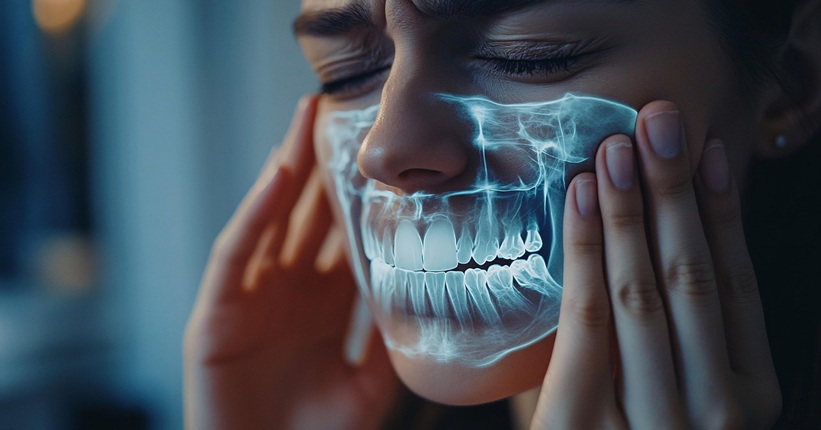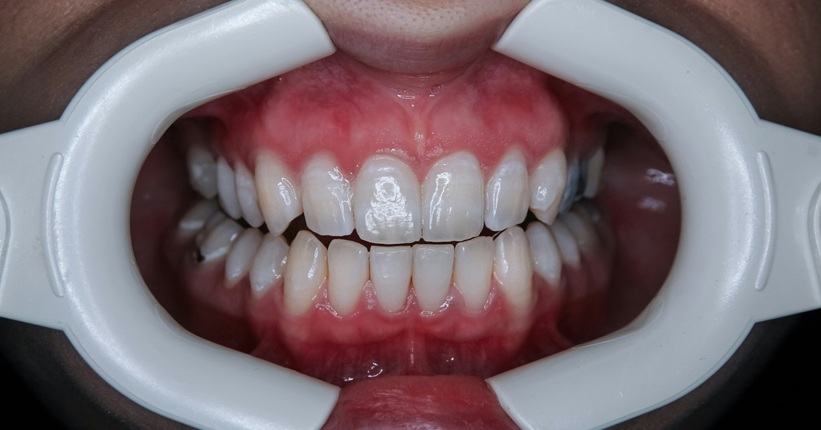
Do dental implants need to be replaced?
Dental implants have become a revolutionary solution in the field of dentistry, offering a durable and aesthetic alternative to missing teeth. Thanks to advanced technology and high biocompatibility of materials, implants can serve patients for many years, restoring their confidence and comfort during daily activities. However, as with other medical and dental solutions, the question arises about their durability. Do dental implants need to be replaced? In this article, we will analyze the various factors that affect the durability of dental implants, the potential problems that may occur, and the situations in which they may need to be replaced. We will find out what actions can extend the life of implants and when it is worth considering consulting a dentist for their evaluation or replacement.
What material of dental implants is the hardest?
Dental implants are made from a variety of materials, the most popular of which are titanium and zirconium. The implant crown, in turn, is made of ceramic or composite. Each of these materials has its own unique properties, advantages and disadvantages.
Titan
Titanium is the most commonly used material for the manufacture of dental implants. It is valued for its strength, lightness and biocompatibility. It is distinguished by several features:
- Durability — Titanium is extremely strong and resistant to loads, making it an ideal material for dental implants.
- Biocompatibility — titanium is well tolerated by the human body, which minimizes the risk of implant rejection.
- Corrosion — Titanium resists corrosion, which increases its durability in the oral cavity.
- Integration with bone — titanium has the ability to osseointegrate, which means that it can connect directly to the bone, ensuring the stability of the implant.
Zirconium oxide (zirconium)
Zircon is the second popular material used in the manufacture of dental implants. This is a ceramic material, which also has several significant advantages:
- Aesthetics — Zircon has a white color, which makes it more aesthetic and less visible in the mouth compared to titanium.
- Biocompatibility — Like titanium, zirconium is biocompatible and well tolerated by the body.
- Strength — Zirconium is very hard and wear-resistant, although slightly less durable than titanium in terms of mechanical loads.
- No allergic reactions — zirconium does not cause allergic reactions, which is important for patients who are allergic to metals.
In terms of hardness, zirconium is considered the hardest material used for dental implants. However, titanium, although slightly less hard, offers better flexibility and is more resistant to cracking under load.
Ceramic Crowns
Ceramic crowns (including porcelain and zirconia) are known for several key properties:
- Hardness and durability — ceramic crowns, especially those made of zirconia, are very hard and durable. Zircon is one of the hardest materials used in dentistry, which ensures a long service life and resistance to abrasion.
- Aesthetics — ceramics have excellent aesthetic properties because they can be dyed and matched to the natural color of the teeth. Thanks to this, ceramic crowns are practically indistinguishable from natural teeth.
- Biocompatibility - ceramic materials are biocompatible, which means that they are well tolerated by the body and rarely cause allergic reactions.
Composite Crowns
Composite crowns are made of composite material, which is a mixture of synthetic resins and ceramic fillers:
- Hardness and strength — Composite crowns are less hard and durable compared to ceramic crowns. They are more susceptible to abrasion and mechanical damage.
- Aesthetics — Composite crowns can be aesthetically appealing, but they usually don't match the look of ceramic crowns. They can change color or dull over time.
- Cost and Availability — Composite crowns are typically less expensive than ceramic crowns, making them a more affordable option for many patients.
In terms of hardness and strength, ceramic crowns are definitely superior to composite crowns. Ceramic crowns, and especially those made of zirconia, offer the highest hardness and durability, which translates into a longer service life and better resistance to abrasion. In contrast, composite crowns, although they are more economical and easier to repair, do not match ceramics in terms of strength and aesthetics.
Dental implants in Szczecin.
30 years of experience. Check us out.
Read more
Can the patient affect the durability of dental implants?
The patient can significantly influence the durability of dental implants through proper oral hygiene, regular check-ups with the dentist, a healthy lifestyle and avoiding harmful habits. Following these rules can ensure long-lasting, healthy and functional dental implants.
What to do to extend the life of dental implants?
Hygiene of the oral cavity
- Brush your teeth regularly. Use a soft toothbrush and toothpaste with low abrasiveness.
- Thread every day. Remove food debris and bacterial plaque from the interdental spaces.
- Use mouthwash. Choose an antibacterial mouthwash to reduce the amount of bacteria in the mouth.
Regular visits to the dentist
- Carry out regular checks. Visit the dentist at least twice a year to check the condition of the implants and surrounding tissues.
- Professional teeth cleaning helps remove tartar and bacterial plaque that can affect gum health.
Healthy lifestyle
- Consume foods rich in vitamins and minerals that support gum and bone health.
- Drink plenty of water to maintain adequate levels of oral hydration and help saliva production.
Protecting Implants from Injury
- Avoid chewing hard objects. Do not chew hard foods (e.g. nuts, ice) or use your teeth to open packages.
- Apply protection to the teeth. If you do contact sports, use a mouthguard to protect the implants from injury.
What to avoid so as not to shorten the life of dental implants?
Smoking tobacco
Smoking negatively affects tissue healing, increases the risk of infection and can lead to loss of implants.
Excessive alcohol consumption
Excessive alcohol consumption can affect the health of the gums and bones, as well as weaken the immune system.
Improper hygiene
Avoid neglecting daily oral hygiene, as this can lead to infections and periodontal diseases that can compromise the stability of the implants.
Mechanical stress
If you have a tendency to grind your teeth (bruxism), consult your dentist for a night protector.
Insufficient control of health
Do not ignore the symptoms. If you notice any signs of infection, pain, swelling, or a loose implant, contact your dentist immediately.
When is it better to replace a tooth implant?
A tooth implant may need to be replaced in several specific situations. Here are some of the most common reasons why a tooth implant may need to be replaced:
- Infection or inflammation — around the implant, which can lead to bone loss around the implant. If left untreated, this can lead to destabilization of the implant.
- Improper implant placement — the implant may not connect properly to the bone (lack of osseointegration), which causes it to become unstable.
- Mechanical damage — the implant or crown can be damaged by mechanical injuries, such as an accident or excessive strain.
- Changes in the bone or gums — atrophy of the bone around the implant, often caused by a lack of proper oral hygiene or periodontal disease. Retraction of the gums can expose the implant, which can lead to infection and destabilization.
- Aesthetic issues — over time crowns can wear out, change color or shape, which may require replacement to improve aesthetics. Also, the introduction of new technologies and materials can prompt the patient to replace an older implant with a more modern and aesthetic one.
- Bruxism (teeth grinding) — patients with bruxism may put excessive strain on the implant, leading to wear or damage.
What to do if you notice problems with the implant?
Consult a dentist. If you notice any disturbing symptoms, such as pain, implant mobility, bleeding or aesthetic changes, consult a professional immediately. Regular care and monitoring of the condition of dental implants are crucial for their long-term functionality and health.
Content author

Dr. Jan Kempa
Dr. Jan Kempa is a passionate dentist who always cares about a good relationship with patients. His positive attitude makes even the most timid patients feel safe. He specializes in implantology and dental surgery, using modern treatment techniques. He is enthusiastic about using his own tissues to rebuild bones before implantation and to cover gum recession. Dr. Kempa always finds the time to listen to the patient and offers individual solutions.

Start treatment already today!
Make an appointment and discover why our patients recommend us to their loved ones. We will take the utmost care of your smile.


